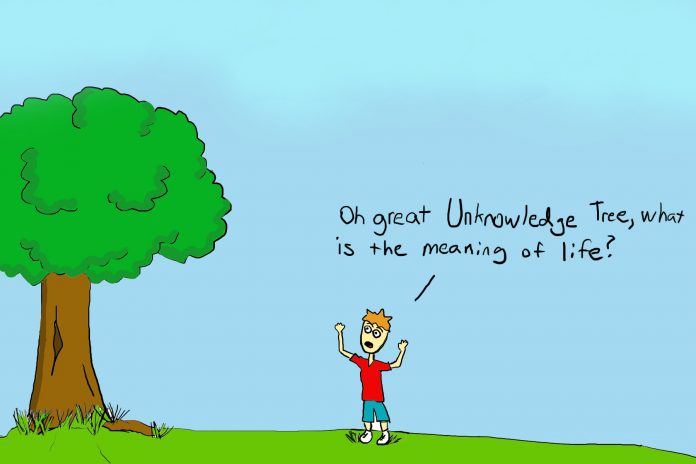What is the meaning of life is the biggest question in the universe. Does life even have a meaning? Humans have attempted to answer this question since time began. This article will examine some of the ways we have attempted to answer this question – through religion, science, political philosophy and personal experience.
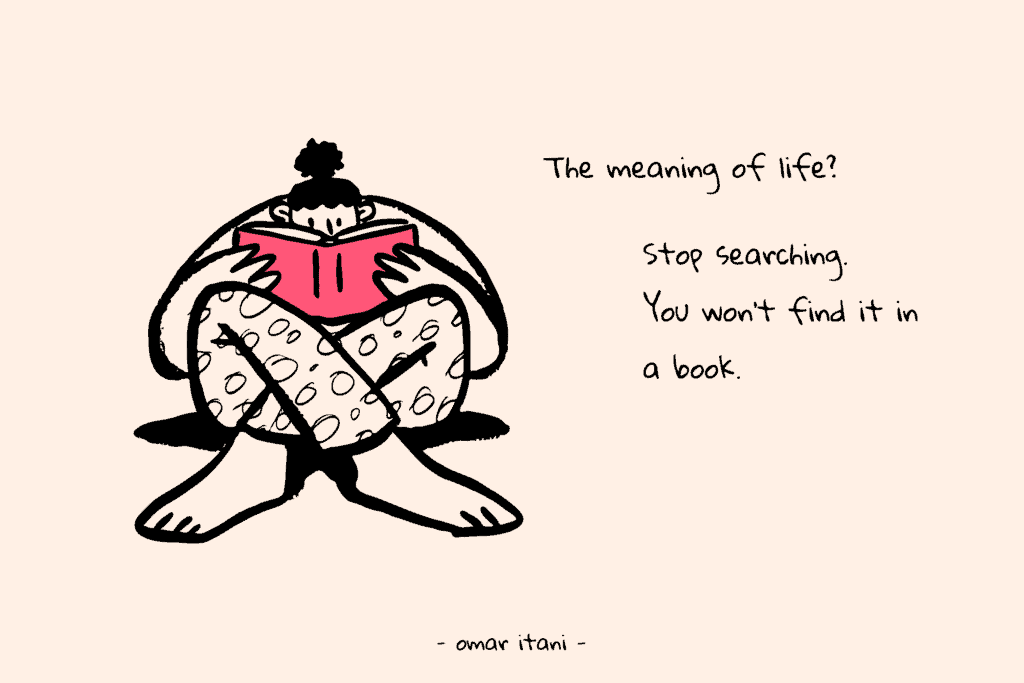
The first answers humans came up with in answer to this question were, of course, religious. The meaning of life was that it had been created by a God, or Gods, whose powers were mysterious and beyond us. This answer can be comforting as it assumes life does indeed have a meaning, even if we don’t know what it is.
The meaning of life according to religion
Most mainstream religions believe in an afterlife, or heaven. Essentially, there is a great place you can go to when you die, where you will be blissful and with God forever. To get there, you have to believe in God’s existence and follow his rules on earth.

Failure to do see technically results in eternal agony and separation from God, but that part is not generally emphasized. This gives personal life a very clear meaning.
If you choose religious belief to give meaning to your life, you will be in the company of a great many other people. There will be a huge history, culture and organization to support you. Since your belief is an act of faith, it can never be disproved and you will never have to look beyond your faith to find meaning in your life.
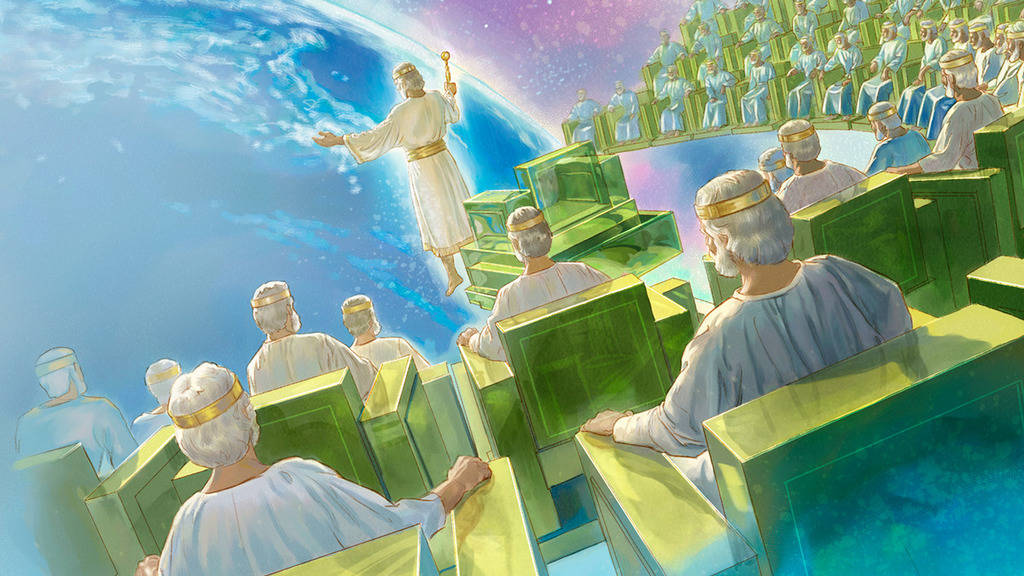
The meaning of life according to atheism and humanism
Atheists reject the idea of a creator god. They believe the universe, life and everything in it are natural products. Life evolves according to the scientific principles laid down by Darwin. What, then, is the meaning of life?
Many atheists are humanistic in their beliefs and outlooks. They believe the meaning of life is to improve it for the good of all humanity, wherever possible.
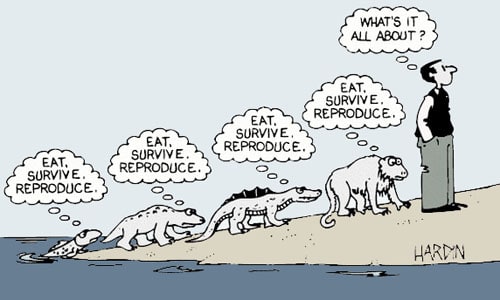
Therefore the meaning of life means medical advances to prolong life, cure disease and ease suffering. It means technological advances to ease the burden of labour and to improve communication. It means tolerance, understanding and compassion to reduce wars and conflict.
The meaning of life according to Marxist philosophy
Many different philosophies vie to “discover” the meaning of life. The German philosopher Karl Marx said, “Philosophers seek to understand the world. The point is to change it.” Marx believed that human problems were caused because human society was split into classes (rich and poor). He believed that oppression, war, injustice and poverty all sprang from class society.

For a Marxist, the meaning of life is to strive for the achievement of a classless, or socialist society. This is an inspiring belief, but may also involve struggle, unpopularity and the recognition that your aims may not be achieved.
- What Is Aromatherapy Vs. What Are Essential Oils?
- What is La Tomatina in Bunol, Spain Like? What to Expect at the Famous Tomato Throwing Festival
What if there is no meaning to life?
People who genuinely feel there is no meaning to life are often despairing, even suicidal. Life involves struggle, pain and loss, so if there is no meaning to provide comfort and hope, it can seem like a bad bargain.

Others find meaning in their children, in love, family and friends, in animals and in the beauty of the natural world. Sensual pleasures, art, entertainment, laughter, food and drink also bring meaning to life. Creativity, work, achievement and the sense of being useful and valued all give meaning to a person’s life. Once you start to think, there are many things that give meaning to life.
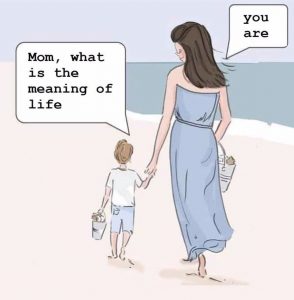
Some argue that the meaning in individual elements of life is not enough; it is the meaning of life as a whole that is important to them. If this is so for you, then seek a philosophy for a meaningful life.


